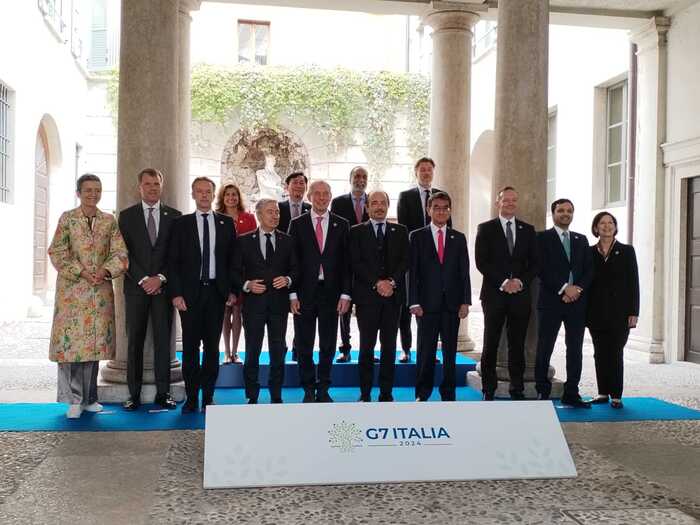This crisis, like the pandemic before it, is putting us to the test.
At first we thought we were getting over it.
Putin underestimated us: far from causing disunity, he has managed to make the EU and NATO stronger.
Calculation error that is already taking its toll.
It should be said, however, that the ferocious Russian dictator does not stitch without thread.
His bet may be longer term and he is based on the conviction of the fragility of Western democracies, something in which his colleague Xi Jinping agrees.
The diagnosis is quite simple.
Subjected to enough pressure, their pampered populations will end up rebelling against any attempt to question their comfortable way of life.
Their weak point is the ease with which they can be destabilized from within by their own internal dynamics.
They are nozzle resilient;
in the background they hang by a thread.
In them germinates the seed of their own destruction.
As I do not want to add fuel to the fire, which many of us have already had this summer, I believe that this hypothesis of the autocrats is false.
Democracy is the most resilient system.
Of course, as long as it is faithful to the principles and processes that inform it.
The problem is when we deviate from them, something that is more and more noticeable.
I am going to focus on some news that has been dusting this hot summer in which we have had empirical verification that climate change is serious.
Trump's case is the most shocking of all.
Even the most serious press in the country says that the prosecution of his possible crimes can facilitate his return to power (!?) And calls into question the survival of the rule of law in the United States, in addition to pointing to civil war threats.
Perplexity, yes.
midterm
.
Between us the thing is more banal, but it is also symptomatic.
We have spent weeks commenting on Ayuso's rebellion against energy saving measures.
If this fray is mounted against what is just a ridiculous appetizer in the fight against Russian energy dependence urged by Europe, what will not happen when we have to make real sacrifices to tackle climate change?
Politicians are on their own, small politics, and everything serves to satisfy their personal or party ambitions.
Simon Kuper, Financial Times
journalist
, took stock of his one-year stay in our country, pointing out that, on the one hand, it was "the most liveable in the world" (for those who do not have financial difficulties, of course), but, on the other, that he was facing a superlative problem due to the impact of global warming on it.
And he concluded: curiously, this is not his fundamental priority, "the Spanish spend more time discussing national unity."
Podemos, by the way, also seemed to attach more importance to the King's gesture of not standing up to Bolívar's sword parade than to Putin's own invasion.
In short, pieces of a summer that was born with the resignation of Draghi, product of the same syndrome to which we are alluding.
Crises overlap, but many democracies are engrossed in rampant partisanship that favors polarization, rely on weak leadership, and engage in bell tower disputes.
What is important gives way to the anecdotal or the short-term interests of the next electoral call.
The amazing thing is that they still tend to be resilient and effective.
Even when?
50% off
Subscribe to continue reading
read without limits
Keep reading
I'm already a subscriber

/cloudfront-eu-central-1.images.arcpublishing.com/prisa/WETXTJI33BCTULUBIGN2G23LMQ.jpg)







